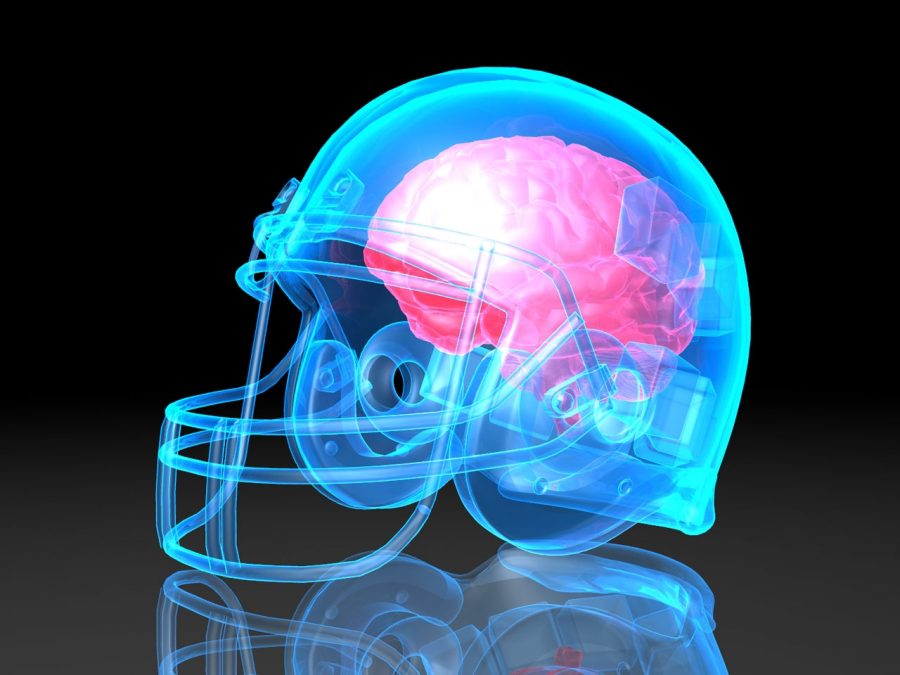Concussion Sensors
Physical and hard hitting sports start to get more attention
November 20, 2018
Either being laid out onto the gridiron, given a hard tackle from an opposing soccer player or crushed by another rugby opponent, concussions dominate high school head injuries all across the globe.
According to Mayo Clinic, Concussions are classified as a mild form of brain trauma, they occur when a player receives a blow to the head or face. The brain collides with the bone of the skull, leading to back and forth movement, which causes the actual concussion.
Depending on the amount of force delivered, mild concussions cause headaches, nausea, dizziness and sometimes loss of consciousness. Severe concussions include dilated eyes, loss of physical and mental coordination and even seizures if not treated properly.
By rule, if the player is diagnosed with a concussion, they cannot participate in a physical contact sport until cleared by a professional doctor. If the player isn’t cleared, play is suspended by the coach to ensure full recovery and prevent any long term nerve damage to the brain. If the player does not tell the coach, play may be suspended longer for the player as the brain is being continuously hit and cannot recover.
According to headcase, a website fully dedicate to the study of concussions and how to prevent them, says 47% of all concussions occur during high school football, with one in five of those players having at least more than one concussion during their high school career.
Since technology has evolved so much, companies have developed different types of “concussion sensors” which moderates the level of force delivered by a high school player and calculates the probability of that player having a concussion.
The sensors can take on many forms. A small USB drive equipped on the back of the helmets of the Pittsburgh Steelers, five sensory pads inside the players helmet and even a headband with a manufactured plastic stick worn by Michigan State University football players, all to determine if the player should seek medical attention for their hit to the head.
In addition, local schools around the metro have gone with the sensors.
Creighton Prep, Burke and even the entire Omaha Public Schools have them, ensuring their players are safe during play.
More and more schools realize the importance of their player’s health. Going the extra mile to attach or implement sensors into helmets can make the gridiron, or any sport in that matter, more safe for all participants.







